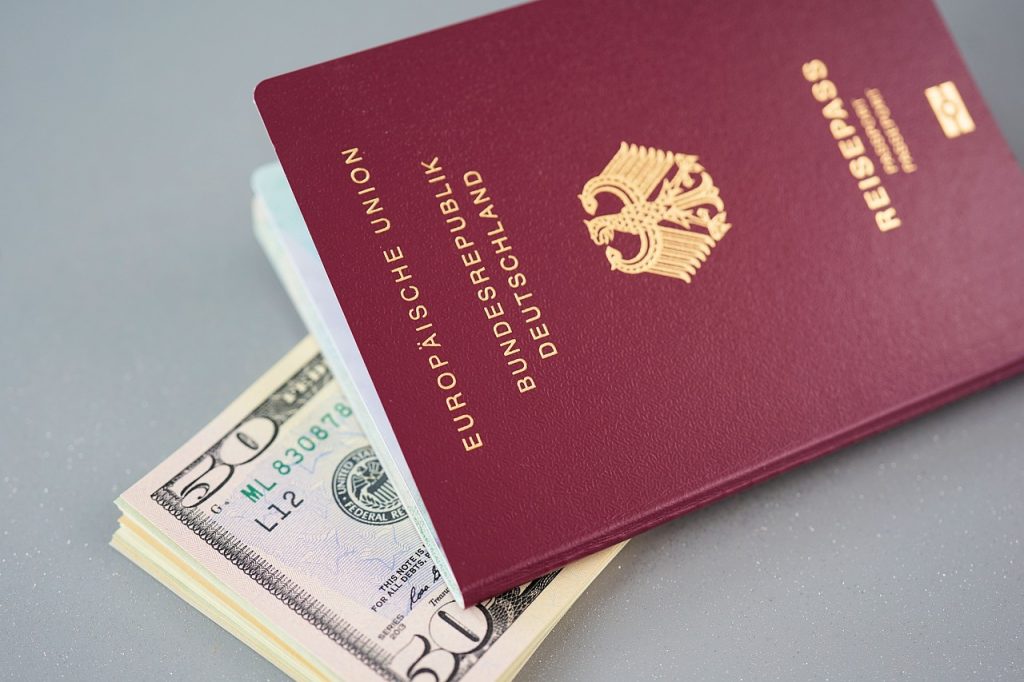Moving to a new country is a significant life decision, and for many Desis (South Asians) choosing Germany as their new home, the immigration process can seem both exciting and daunting. Germany, with its strong economy, high quality of life, and rich cultural heritage, is an attractive destination. However, navigating the German immigration system requires careful planning and understanding, especially for those coming from South Asia. In this blog post, we’ll delve into the immigration process from a Desi perspective, providing insights and tips to help you on your journey.
1. Understanding Visa Requirements
The first step in moving to Germany is securing the right visa. The type of visa you need depends on your purpose of stay:
- Work Visa: If you have a job offer in Germany, you’ll need to apply for a work visa. Germany has a demand for skilled workers, particularly in fields like IT, engineering, and healthcare. To apply, you’ll need a valid job offer, proof of qualifications, and sometimes, a basic knowledge of German.
- Student Visa: Germany is a popular destination for international students due to its high-quality education system and low or no tuition fees at public universities. A student visa requires an acceptance letter from a German university, proof of financial resources, and health insurance.
- Family Reunion Visa: If you are moving to join a family member already living in Germany, you can apply for a family reunion visa. This requires proof of your relationship, sufficient living space, and financial stability of the sponsor.
- Blue Card: The EU Blue Card is an excellent option for highly skilled professionals. It offers a pathway to permanent residency and is ideal for those with higher education degrees and a job offer with a salary above a certain threshold.

2. Navigating the Bureaucracy
Germany is known for its efficient but sometimes complex bureaucracy. After arriving, you’ll need to navigate a few key steps:
- Anmeldung (Registration): Within two weeks of moving to Germany, you must register your address at the local Bürgeramt (citizen’s office). This process, known as Anmeldung, is crucial as it impacts everything from opening a bank account to getting a mobile phone contract.
- Residence Permit: Once in Germany, you’ll need to apply for a residence permit at the Ausländerbehörde (immigration office). This permit allows you to live and work in Germany legally and is tied to your visa type. Make sure to book your appointment well in advance, as waiting times can be long.
- Health Insurance: Health insurance is mandatory in Germany. As a Desi immigrant, you’ll need to choose between public and private health insurance, depending on your employment status and personal needs.
3. Overcoming Language Barriers
One of the most significant challenges for many Desis moving to Germany is the language barrier. While many Germans speak English, especially in larger cities, learning German is essential for fully integrating into society and navigating daily life. Here are some tips:
- Language Courses: Enrolling in a language course can be highly beneficial. Many courses are tailored for immigrants and cover both language and cultural integration.
- Language Exchange: Participating in a language exchange program or joining local community groups can help you practice German in a real-world setting.
- Workplace Language: If you’re working in a predominantly German-speaking environment, improving your language skills can open up more opportunities for career advancement.
4. Cultural Adaptation and Integration
Adjusting to life in Germany involves more than just handling paperwork and learning the language; it also means adapting to the cultural differences:
- Work Culture: German work culture is known for its punctuality, direct communication, and a clear separation between work and personal life. Understanding these nuances can help you integrate more smoothly into your workplace.
- Social Norms: Germany has its own set of social norms, such as the importance of recycling, the quiet hours, and the preference for cash payments. Being aware of these customs can make everyday life easier.
- Building a Community: One of the best ways to feel at home in Germany is to connect with others. Joining local Desi communities, cultural organizations, or religious groups can provide a support network and help you stay connected to your roots.
5. Path to Permanent Residency and Citizenship
For many Desis, the ultimate goal is to achieve permanent residency or even citizenship in Germany:
- Permanent Residency: After five years of living in Germany on a residence permit, you may be eligible for permanent residency. The EU Blue Card holders can apply after just 33 months, or 21 months if they have a sufficient German language level (B1).
- Citizenship: After eight years of residence, you may be eligible to apply for German citizenship, provided you meet certain criteria, including language proficiency, financial stability, and knowledge of the German legal and social system.
Final Thoughts
The German immigration process can be challenging, but with the right preparation and understanding, it is entirely manageable. For Desis moving to Germany, embracing the journey means not only mastering the bureaucratic steps but also learning to blend your rich cultural heritage with the new experiences that life in Germany offers.
Whether you’re coming for work, study, or family, remember that you’re not alone—many have successfully made the transition and found a second home in Germany. With patience, persistence, and a willingness to adapt, you too can thrive in this new chapter of your life.




